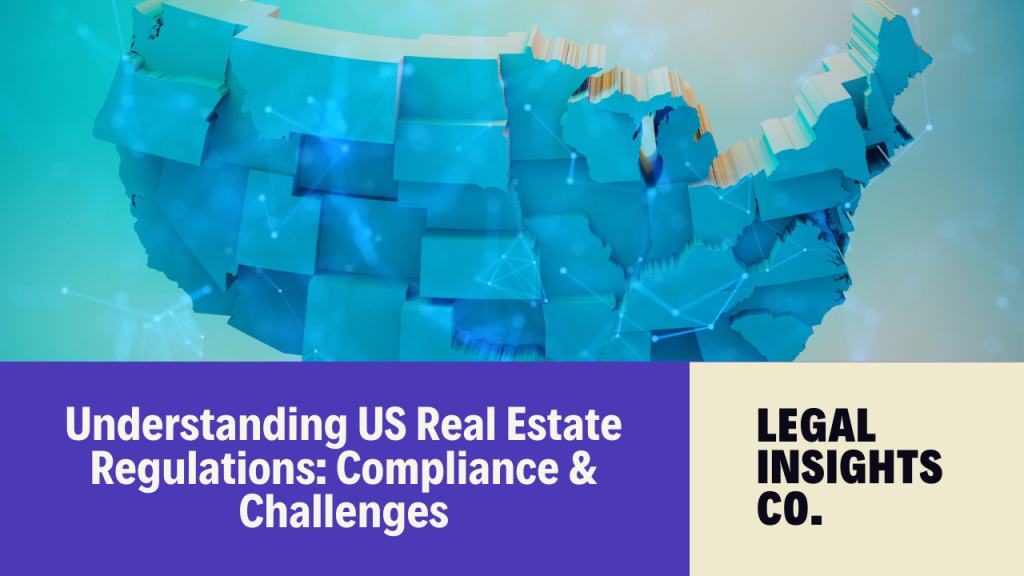The US real estate market is subject to a complex regulatory landscape encompassing federal, state, and local laws governing various aspects of property ownership, development, and transactions. Navigating this regulatory environment requires a thorough understanding of legal requirements, compliance obligations, and potential challenges that may arise throughout the real estate lifecycle.
One of the primary regulatory considerations in US real estate is zoning and land use regulations, which dictate how properties can be developed and utilized within specific geographic areas. Zoning laws designate land for residential, commercial, industrial, or mixed-use purposes and impose restrictions on building height, density, setbacks, and other parameters. Developers and property owners must navigate zoning regulations to ensure compliance with local ordinances and obtain necessary permits for construction and land use changes.
Another critical aspect of regulatory compliance in US real estate is environmental law, which governs the impact of property development on natural resources, wildlife habitats, and public health. Environmental regulations such as the Clean Air Act, Clean Water Act, and Endangered Species Act impose requirements for environmental assessments, remediation of contaminated sites, and protection of sensitive ecosystems. Failure to comply with environmental regulations can result in costly fines, delays, and legal liabilities for real estate developers and investors.
Additionally, real estate transactions in the USA are subject to a myriad of legal requirements and contractual obligations, including property disclosures, title insurance, financing agreements, and closing procedures. Buyers, sellers, and lenders must carefully review and negotiate contracts to ensure that all terms and conditions are clearly defined and legally enforceable, minimizing the risk of disputes and litigation down the road.
In recent years, emerging regulatory issues such as data privacy, affordable housing, and sustainable development have also become increasingly important considerations for US real estate stakeholders. Developers and investors must stay informed about evolving regulations and market trends to anticipate potential compliance challenges and proactively address them in their business strategies.
In conclusion, navigating the regulatory landscape is a critical aspect of success in the US real estate market. By understanding legal requirements, maintaining compliance with applicable regulations, and staying vigilant about emerging issues, real estate professionals can mitigate risks, protect their investments, and unlock opportunities for growth and innovation in an increasingly complex regulatory environment.


